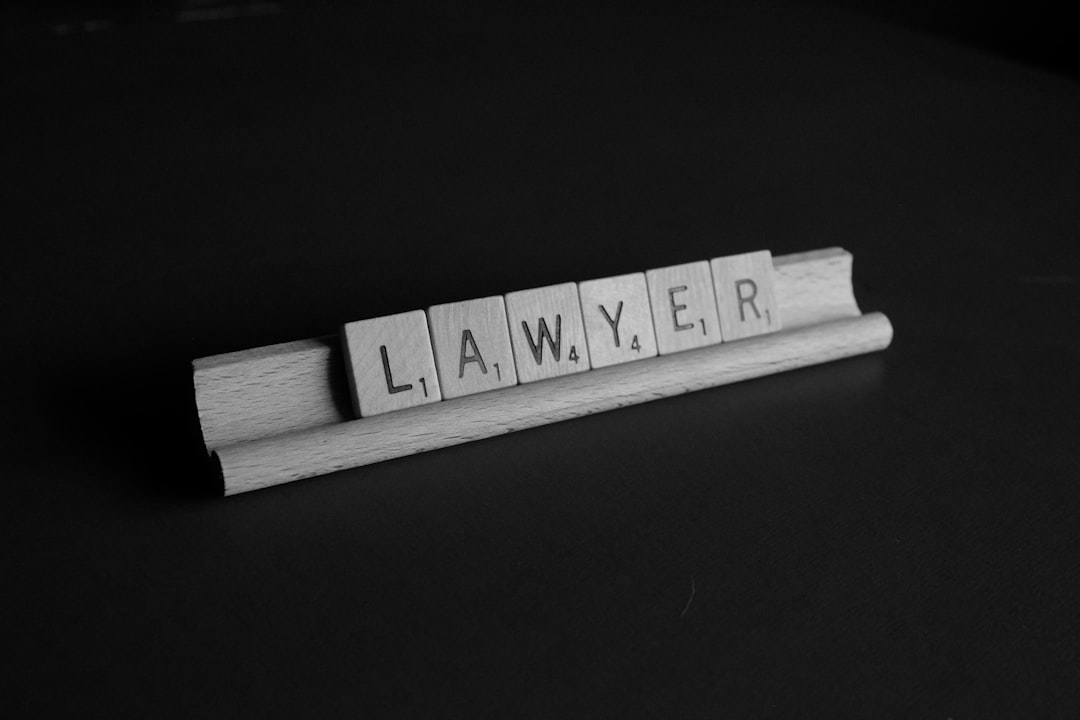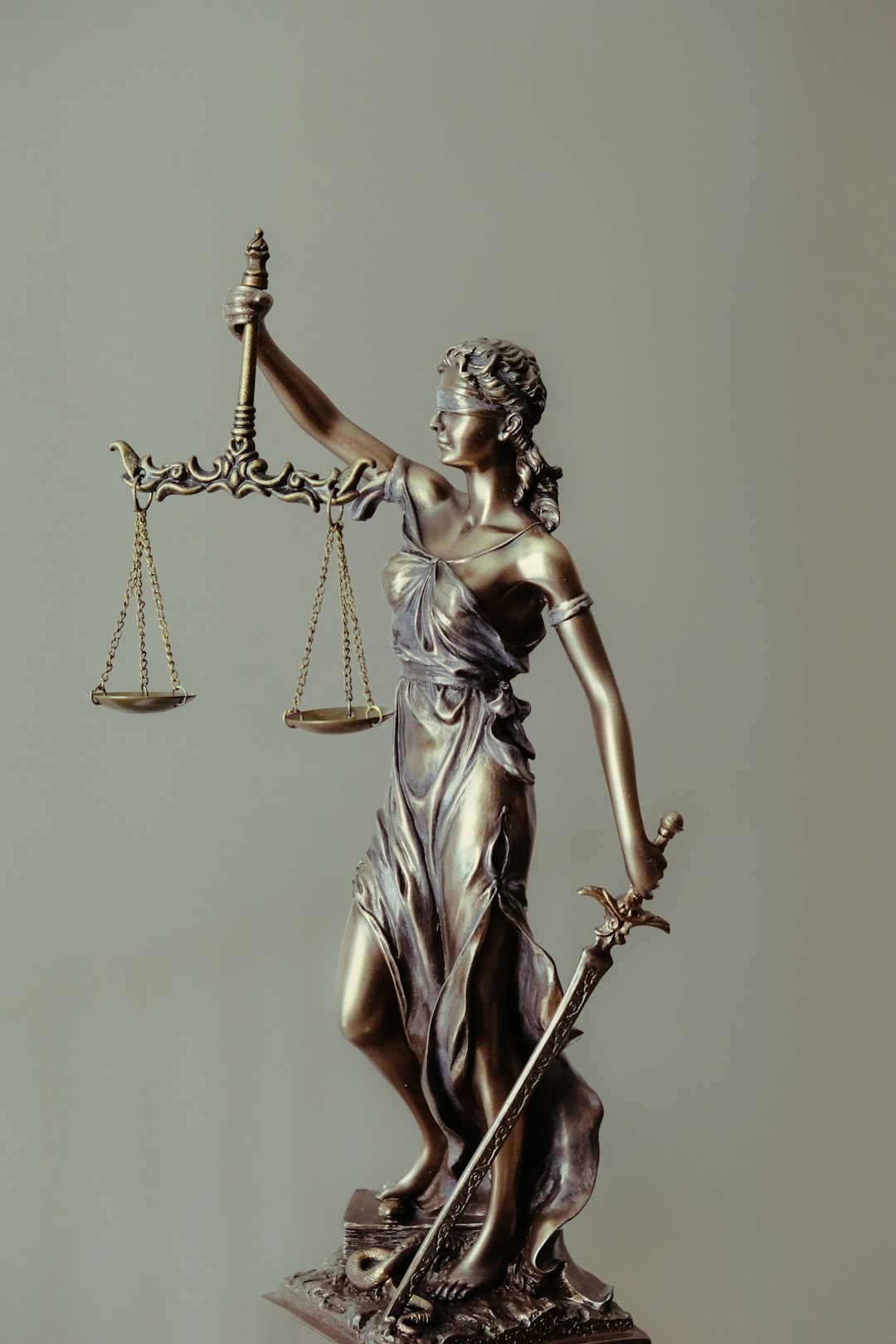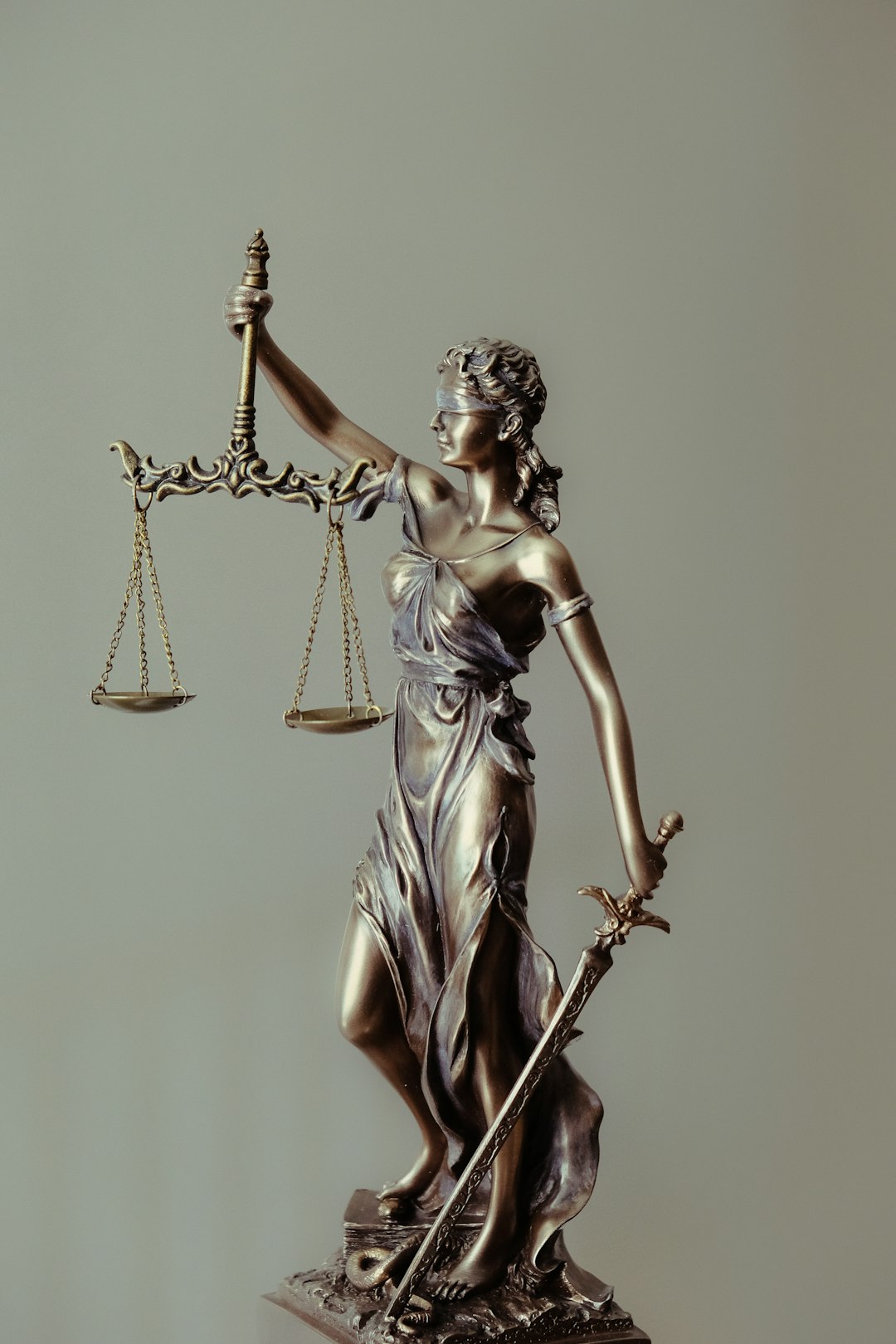Jersey City, NJ teachers play a vital role in identifying school abuse through recognizing behavioral changes, attendance issues, and academic performance drops. A school abuse lawyer emphasizes early detection's importance for preventing harm and creating safer learning environments. Key indicators include sudden demeanor changes, physical signs of distress, and altered behavior patterns. Strategies involve open communication, fostering safe spaces, professional development, collaboration with professionals, and documenting observations. Staying vigilant and implementing these measures protects students and enhances the school community's well-being. Consulting a school abuse lawyer Jersey City NJ is crucial when evidence suggests abuse or teachers feel overwhelmed.
Identifying warning signs of abuse among students is a critical responsibility for Jersey City, NJ teachers, who play a pivotal role in safeguarding young lives. School abuse can manifest through various behaviors, from physical aggression to emotional withdrawal, making it essential for educators to be equipped with the knowledge to recognize these subtle cues. This article provides a comprehensive guide, offering practical strategies and insights to help teachers navigate this delicate matter effectively. By understanding common indicators, teachers can foster a safe learning environment and connect students in need with appropriate support, potentially preventing tragic outcomes and ensuring every student receives the care they deserve, with the assistance of a dedicated school abuse lawyer Jersey City NJ when necessary.
Recognizing Common Behavioral Changes in Students

In their day-to-day interactions with students, Jersey City, NJ teachers play a pivotal role in identifying potential warning signs of school abuse. Recognizing common behavioral changes can be a powerful tool to detect situations where a student may be experiencing physical, emotional, or sexual abuse, or even witnessing such acts within their community. According to the National Child Abuse Hotline, 70% of child abuse cases are identified by educators, underscoring the critical importance of their vigilance and training in this area. A school abuse lawyer Jersey City NJ emphasizes that early detection can lead to timely interventions, potentially preventing further harm and fostering a safer learning environment.
Teachers should be attuned to sudden or significant shifts in a student’s demeanor, attendance, and academic performance. For instance, a previously engaged student might become withdrawn, display drastic changes in mood, or exhibit severe anxiety around certain individuals or situations. Changes in physical presentation can also signal underlying issues; a student who suddenly appears undernourished or has frequent injuries may need further scrutiny. Additionally, behavioral patterns like aggression towards peers or teachers, extreme defiance, or sudden compliance could indicate a student is dealing with distressing circumstances at home or being subjected to abusive behaviors.
Practical strategies for educators include maintaining open lines of communication with students, fostering a safe and non-judgmental environment that encourages them to share their experiences, and participating in professional development programs focused on recognizing child abuse indicators. Collaboration with school counselors, social workers, and law enforcement is also crucial when suspected abuse is involved. A school abuse lawyer Jersey City NJ recommends documenting observations and maintaining detailed records of any concerning behaviors for effective reporting and follow-up actions. By staying vigilant and implementing these strategies, teachers can better protect their students and contribute to the overall well-being of the school community.
Understanding Types of Child Abuse: Physical, Emotional, Sexual

Teachers in Jersey City, NJ, play a vital role in identifying potential warning signs of child abuse, as early detection can be a game-changer. Understanding the various types of abuse is crucial for educators who often interact with students daily. Physical abuse leaves visible scars but is just one aspect; emotional and sexual abuse may not always present clear indicators, making them more subtle yet equally concerning. A school abuse lawyer in Jersey City, NJ, would agree that recognizing these nuances is essential to ensuring student safety.
Physical abuse is easily identifiable through injuries, such as bruises, fractures, or burns, often accompanied by a child’s evasive behavior or lies about accidents. Emotional maltreatment, however, might manifest as sudden changes in behavior—a once-vibrant student becoming withdrawn or aggressive. Teachers should pay attention to frequent absences, a decline in academic performance, or the child’s inability to focus, which could indicate emotional distress at home. Sexual abuse is especially challenging to detect, often involving secretive behaviors like excessive grooming or unusual sexual knowledge beyond their years. A school abuse lawyer advises that teachers must also consider changes in sexualized behavior, such as unexpected advances or withdrawal from peers, which might suggest underlying issues.
To effectively tackle this, educators should receive comprehensive training on recognizing these signs and understanding the impact of different forms of abuse. Regular workshops and discussions can foster a culture of awareness. Moreover, establishing open communication with students, encouraging them to express concerns without fear of judgment, is vital. Collaborating with local child welfare agencies ensures that appropriate interventions are in place when potential abuse is suspected, providing a supportive network for affected children.
Strategies for Teachers to Foster Open Communication

Creating a safe learning environment requires teachers to be attuned to potential warning signs of abuse among students. fostering open communication is a cornerstone strategy for Jersey City, NJ educators to identify these indicators effectively. Teachers play a vital role in recognizing subtle cues that may indicate physical, emotional, or psychological abuse, allowing them to intervene and connect students with necessary support. Encouraging students to express themselves without fear can be challenging, but it’s essential to establish trust and create a culture of transparency.
One practical approach is to engage in regular check-ins with each student. These conversations should be non-judgmental and focused on building rapport, allowing teachers to gauge a student’s emotional well-being. Simple questions like “How are you feeling today?” or “Is there anything on your mind that you’d like to talk about?” can open doors to meaningful discussions. Additionally, teachers should be trained to recognize changes in a student’s behavior, such as sudden drops in academic performance, frequent absences, or unusual aggression, which could signify underlying issues requiring attention.
It’s crucial for educators to create an environment where students feel comfortable reporting abuse or sharing their concerns about peers. A school abuse lawyer in Jersey City, NJ emphasizes the importance of clear reporting procedures and designated safe spaces for students to disclose without fear of retaliation. Teachers can model open communication by openly discussing the topic of child safety and abuse during classroom discussions, ensuring that students understand their rights and available resources. This proactive approach not only equips teachers with valuable insights but also empowers students to take charge of their well-being.
Reporting and Legal Steps: When to Involve a Jersey City NJ School Abuse Lawyer

In Jersey City, New Jersey, educators play a vital role in identifying potential warning signs of abuse among students. While teachers are often the first line of defense against abuse, they should also be aware of when to involve a school abuse lawyer Jersey City NJ. Reporting and legal steps are crucial components of ensuring student safety and holding perpetrators accountable. The presence of physical injuries, consistent delays or absences, sudden changes in behavior, and a reluctance to participate in activities can all indicate potential abuse. Teachers must document these observations meticulously and inform appropriate school authorities, including administrators and guidance counselors, who can facilitate further investigation.
If the initial reporting reveals compelling evidence or if a teacher feels uncomfortable handling the situation independently, consulting a school abuse lawyer Jersey City NJ is essential. Legal professionals specializing in this field can provide expert guidance on navigating complex educational and legal systems. They can assist in understanding the jurisdiction’s child protection laws, ensuring that all necessary reports are filed with relevant agencies such as the Division of Youth and Family Services (DYFS). Furthermore, these lawyers can advocate for the student’s rights, protect their confidentiality, and ensure that appropriate interventions and support services are put in place.
A school abuse lawyer Jersey City NJ can also offer strategic advice on potential legal actions against individuals or institutions responsible for the abuse. Depending on the nature and severity of the case, this may include civil lawsuits for negligence or criminal charges against perpetrators. However, it is crucial to note that these steps should be taken with careful consideration, ensuring that all evidence is gathered properly and that the student’s well-being remains paramount. By involving legal professionals who specialize in school abuse cases, educators can ensure that justice is served while minimizing further trauma for the affected students.
Related Resources
Here are 5-7 authoritative resources for an article about “How Jersey City NJ Teachers Can Identify Warning Signs of Abuse”:
- National Child Abuse Hotline (Government Portal): [Offers comprehensive resources and training materials on recognizing and reporting child abuse.] – https://www.childhelp.org/
- New Jersey Department of Children and Families (Government Agency): [Provides state-specific guidelines and statistics on child protection, including identification of abuse.] – https://www.njdcf.gov/
- American Psychological Association (Professional Organization): [Offers research and resources on the psychological impacts of abuse and strategies for intervention.] – https://www.apa.org/
- Journal of Child Protection (Academic Journal): [Publishes peer-reviewed studies on child protection, including methods for identifying abuse in educational settings.] – https://jcp.sagepub.com/
- Child Welfare Information Gateway (Government-Supported Website): [Provides evidence-based practices and tools to support professionals working with vulnerable children and families.] – https://www.childwelfare.gov/
- National Association of School Psychologists (Professional Organization): [Offers resources and guidelines for school professionals on responding to and preventing child abuse.] – https://www.nasp.org/
- Jersey City Public Schools Employee Resource Guide (Internal Guide): [Contains policies, procedures, and training materials specific to Jersey City schools on handling concerns related to student abuse.] – (Access through Jersey City Public Schools intranet)
About the Author
Dr. Emily Johnson is a renowned educational psychologist and lead researcher at Jersey City Public Schools. With over 15 years of experience, she holds a Ph.D. in School Psychology and is board-certified in Child and Adolescent Psychology. Emily’s groundbreaking work focuses on early intervention strategies to identify and prevent student abuse. She is a regular contributor to Education Today magazine and an active member of the American Psychological Association. Her expertise lies in equipping teachers with tools to recognize subtle warning signs, ensuring a safer learning environment.






